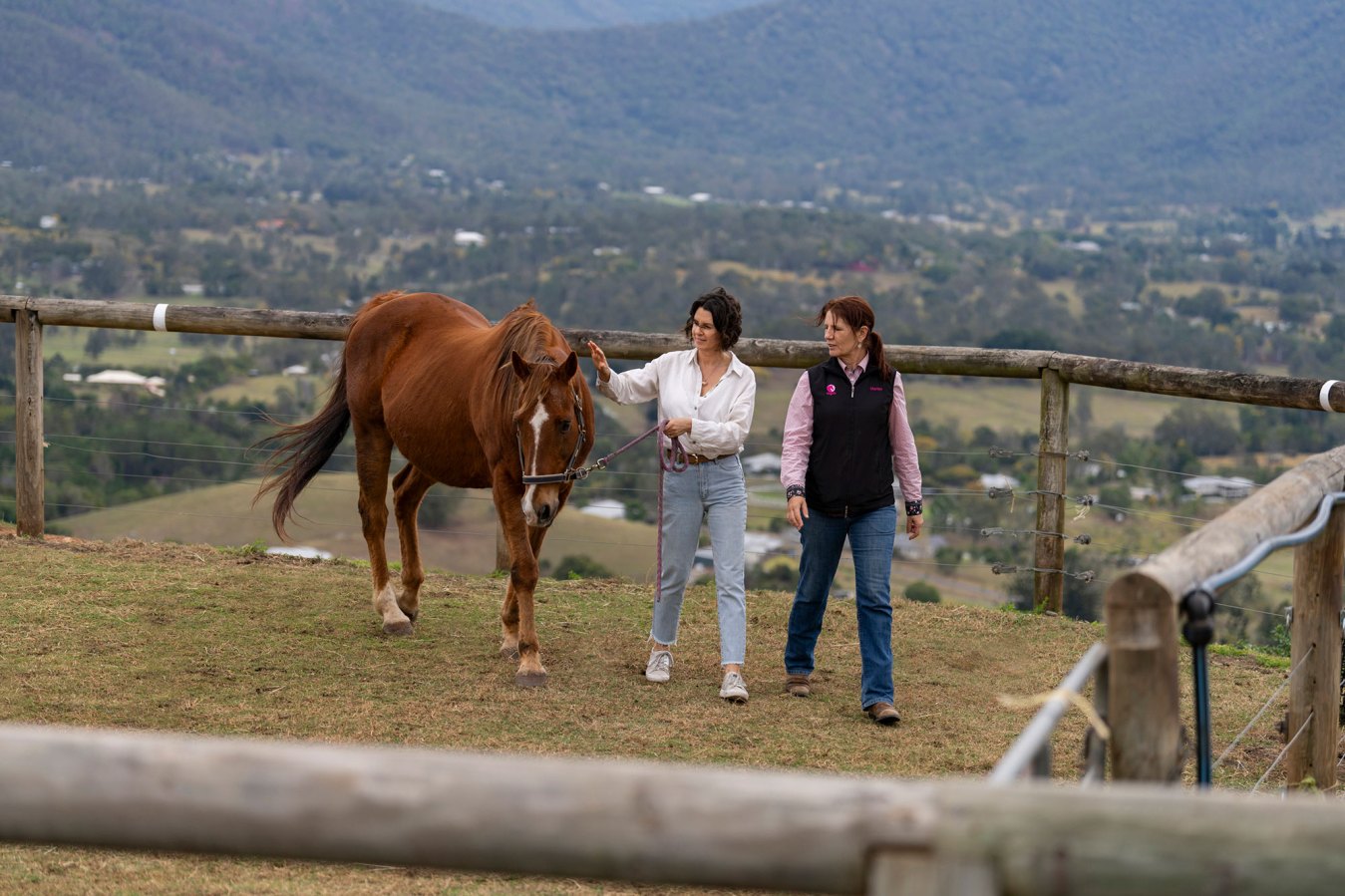Five-star accommodation, a pool, tennis court, sauna and fully kitted-out gym sound like the beginnings of a great getaway. And to some extent, luxury rehab facility Highlands Recovery in New South Wales is a getaway. But, as CEO Cameron Francis tells Forbes, it’s a lot more than that.
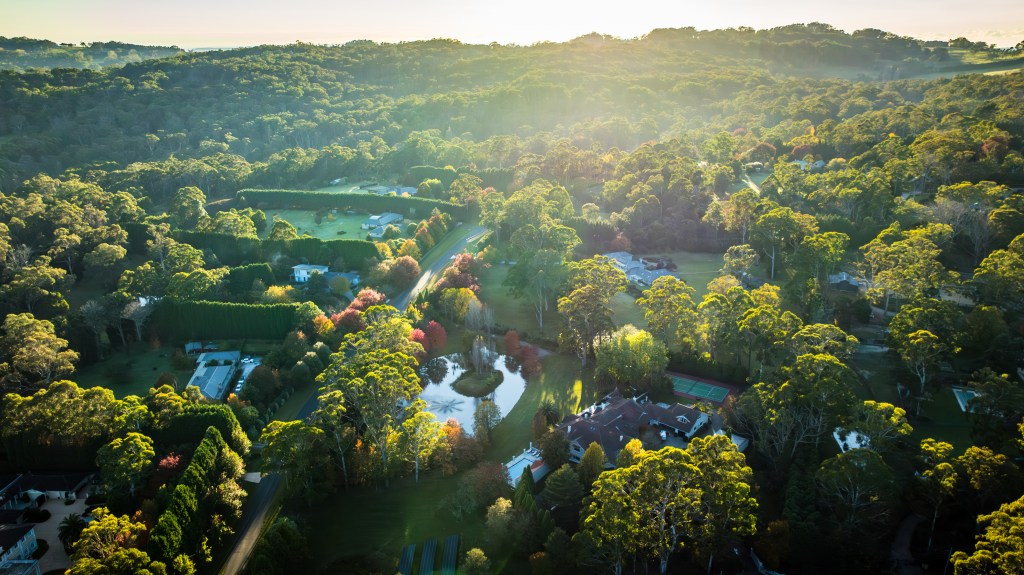
It’s been a little over a month since Highlands Recovery opened the doors to its luxury rehabilitation facility in the Southern Highlands, NSW, and about eight weeks since its site went live. In that time, CEO Cameron Francis estimates it’s been getting about 4,000 hits – and well over 100 contacts – each week.
“We only have 10 beds,” Francis says. “There’s clearly huge demand out there, despite the price-point.” That price point is about $25,000 per week, which puts Highlands in line with other, what Francis calls, Tier Two rehab clinics in Australia, that price themselves at about $150,000-per-month. (A Tier One rehab might charge $200,000 to $350,000 per month, he says).
But Francis knows $25,000-a-week is steep, though he says the price is justified thanks to the recovery centre’s premium facilities – and premium programs put together by its clinical director and psychotheraphist, Resh Joseph.
“For that sort of money, I would want a program that covers the best of everything,” Joseph says. “And by that I mean, the best biological health we can provide, the best psychological health we can provide, and the best in terms of social medicine as well.”
Highlands Recovery claims it does that with two on-site chefs, physical trainers that come in each day, best-in-class clinical programs and practitioners and comprehensive after-care. Then there are novel treatments, like equine therapy. All of that adds up.
“It’s unfortunate but it’s true, and I think it applies to mental health as much as physical health, that more money does buy you better services,” Francis says.
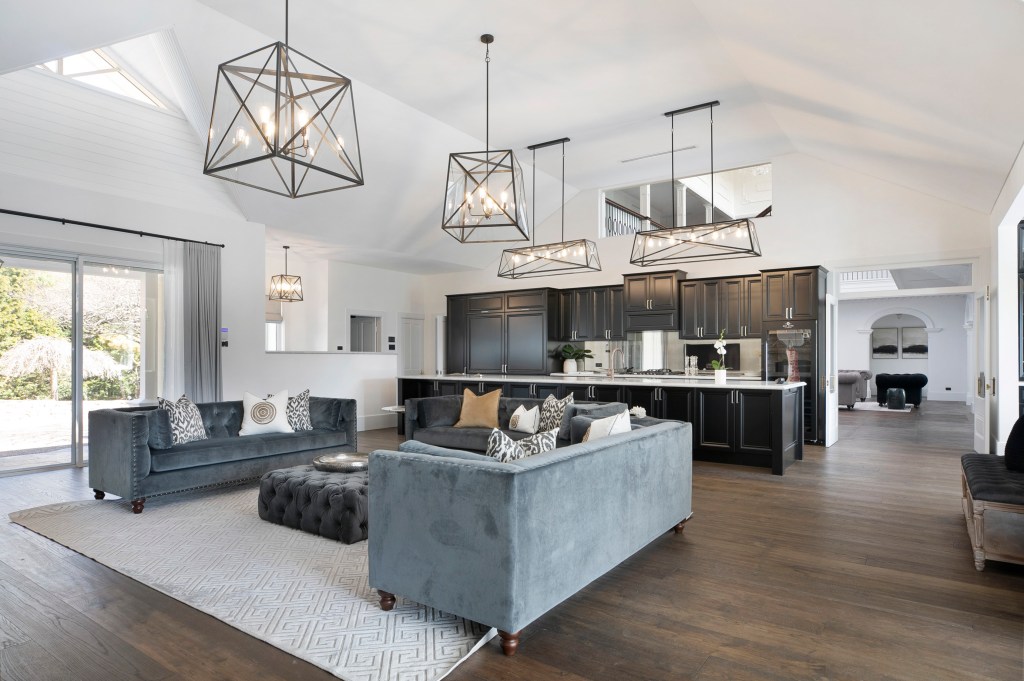
The inception of a luxury rehab
A psychologist by trade, Francis had been working in the organisational sphere with CEOs and senior executives, that had experienced, or were experiencing, burnout. But, Francis says he was feeling the pull back to his clinical roots, and when the opportunity to open a rehab facility backed by investors arose – in his home town, no less – he jumped.
“Some money was put on the table and the stars just aligned,” he says. “It was something I’ve wanted to do for a long time, and having worked with so many burnt out, stressed out, traumatised and addicted executives, it felt like the perfect opportunity.”
With private equity behind him, Francis sought to purchase a standing rehab facility, but quickly realised the best way forward was to start afresh. They found a facility in the Southern Highlands with 90% of what they needed: the sauna, a heated pool, a tennis court, gym and luxurious grounds and rooms.
Related
“It was a substantial investment, but it had most of the factors we needed for the luxury side of things,” he says. Then it was time to bring in the talent: Francis brought his old friend Joseph from Singapore to Sydney to spearhead the clinical program. Now, Joseph lives on-site at the facility as a therapist.
But while the facility is, for all intents and purposes, a luxury stay, it’s not a hotel, the team say.
“We provide all the food, but we don’t want to wait on our clients. We encourage guests to make their own breakfast, to clean their own dishes. The reason for that is, we want them to heal in a sort-of family home, real environment,” Francis says. “Not some ultra-privileged environment.”
Given the price-point, the rehab centre is aimed at top-earning professionals or even high-profile celebrities. And there are layers of privacy to facilitate that: for example, clients can choose whether they’d like to go by a pseudonym, or to stay in a private apartment (on the grounds) as opposed to the facility itself. Highlands also offers a door-to-door pickup service.
“Part of our philosophy is that we want to remove all of the possible barriers for entry, and transport logistics can be one of those. So, we will literally say, we’ll send a car to pick you up this afternoon, or we will hire a jet for you if we need to do. Then we can make those arrangements,” Francis says.
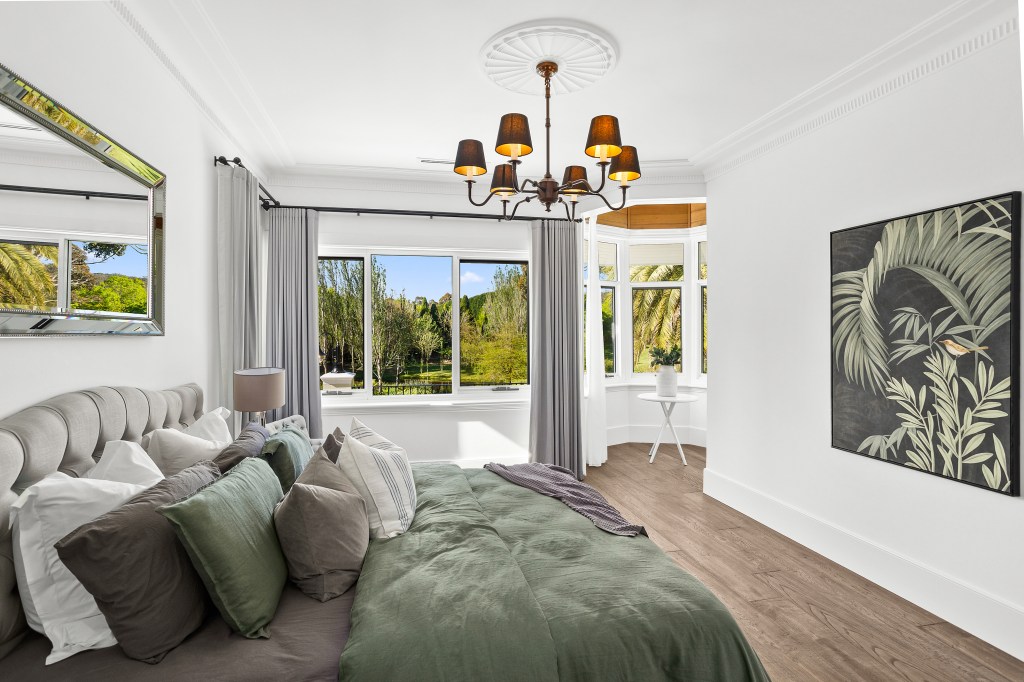
Day in the life at Highlands
So far, Highlands Recovery has taken its first round of clients through its Bio-Psych-Social model, which requires a minimum residential stay of 28 days, delivering a 12-hour therapeutic program, five days a week. In an itinerary provided to Forbes based on Highlands’ Clinical Program, following the BioPsychSocial model, those clients might be in for:
- 7:00AM-7:50AM: Yoga
- 8:00AM-8:50: Breakfast
- 9:00AM-10:00AM: Group therapy
- 10:10AM-11:30AM: Individual therapy
- 11:30AM-12:50PM: Massage
- 12:50PM-1:30PM: Lunch
- 1:30PM-2:50PM: Study
- 3:00PM-4:00PM: Group education
- 4:30PM-5:30PM: Group personal training
- 5:45PM-6:45PM: Sauna and social time
- 7:00PM-7:50PM: Dinner
- 8:00PM-10:00PM: Relaxation/internet/family
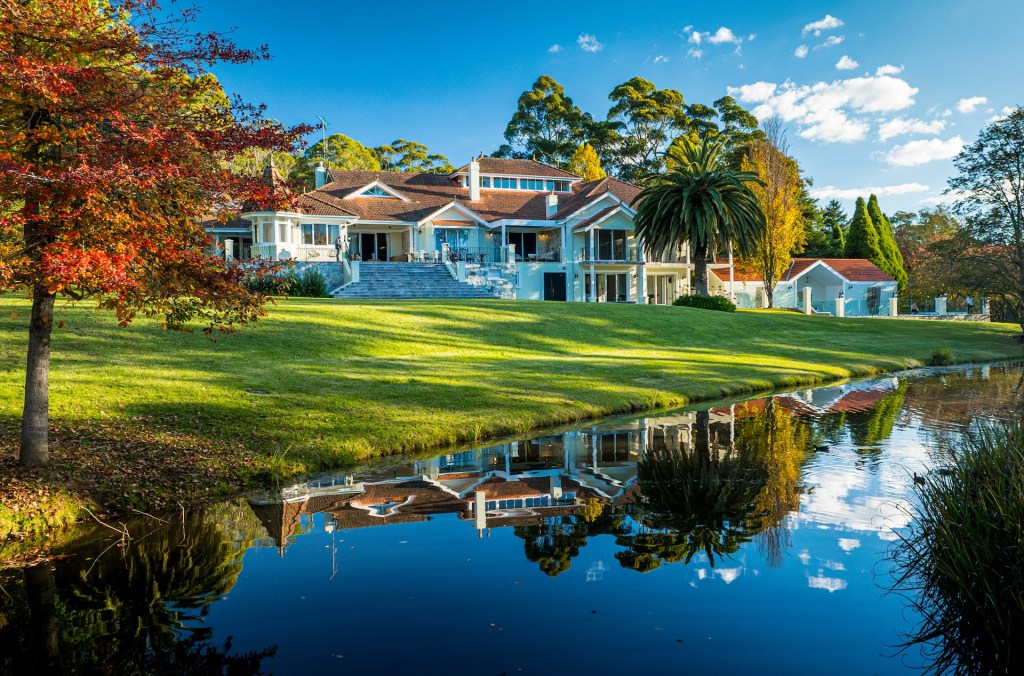
The problem with high-end help
The luxury rehab space in Australia is unregulated, which can make it difficult for clients to discern what’s a good operation and what isn’t, Francis says.
“It’s a confusing area, and if you go overseas, it’s a similar story, but it is far more regulated, particularly in the US and Europe.” The global behavioural rehab market size was estimated to be worth US$549 billion in 2023, and is expected to grow at a CAGR of 6.42% until 2030. But, there are some concerns with the luxury industry: a study published in 2021 in HealthAffairs that audited 613 residential programs in the US found that most programs required up-front payments, with for-profit programs charging more than twice as much (US$17,434) as nonprofits (US$5,712). And, recruitment techniques (for example, offering paid transportation) were used frequently by for-profit, but not nonprofit, programs.
“These findings raise concerns that residential programs, including accredited and licensed ones, may be admitting a clinically and financially vulnerable population for costly treatment without assessing appropriateness for other care settings,” the study found.
Highlands Recovery says its vision is that it obtains some accreditations offered to US and European operators (which would make it the only operation in Australia to do so).
“We then want to lobby the government to set similar standards for the whole industry, and we can shake out the poor operators and hold the rest of us to account for what we do, and the services we deliver,” Francis says. “Similar to how aged care has gone through that process in Australia. But, we’re not where we want to be yet, as we’re only recently established.”
Looking ahead, Highlands says it’s keen to open more facilities – likely close by, but at a slightly lower price-point.
“We seen an opportunity for four or five of these in Australia – and all the problem we described with the Australian market apply in other markets like Singapore, India and the Middle East. There are possibilities for this internationally, but our focus right now is to make sure our clinical program is where we want it to be.”
Look back on the week that was with hand-picked articles from Australia and around the world. Sign up to the Forbes Australia newsletter here or become a member here.
